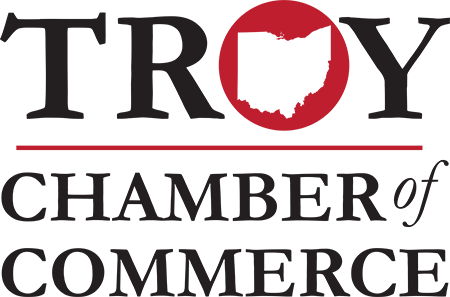Workplace trends come and go like snack carts, but these trends may very well revolutionize the way we work because they are just so darn appealing to most employees.

But before we go into these workplace trends, know that they are not for everyone. Your business may not be able to function if you put them into operation. There are some businesses that simply require employees in seats, seats that are customer-facing in a central location. But if you do have the flexibility to adopt some of these, you may see very big changes in productivity and morale. These things may be what the employee of tomorrow is looking for.
Asynchronous Office Environments
Say good-bye to 8-5 or even shift work. Now, there's something leaner. Asynchronous work environments don't have set schedules. They allow employees to work an agreed upon number of hours a week but that work can be done whenever the employee wants to do it. That means Employee "A" could work 8-11 AM and then again 5-10 PM, while Employee "B" works her 32 hours in only three days out of the week.
Some asynchronous office environments have employees in different time zones, but some are in a central office that simply pays no heed to time, only product being moved/created or duties getting done. This is no different than how you might work with a freelancer. You know they're doing the work and you know the deadline for deliverables. You're just not in control of when it's worked on.
Flattening the Pyramid: welcome Holacracy
Some companies adopted flat leadership environments (or Holacracy) when it was new to the scene in 2007 or shortly thereafter (including Zappos in 2014), but we're starting to see a resurgence in it embraced by large companies like UBS bank, which got rid of all titles above managing director last year. A flat leadership environment tasks leaders of projects, not leaders of people. It does away with top-down managing and 1-2 people at the top of the company giving orders to everyone underneath them in pyramid formation.
Instead, Holacracy focuses on how leaders can lead from every level and gives younger people a way to lead on individual projects, not through titles. With younger people desiring leadership roles and contributing to a work environment from their first day on the job (they don't feel the need to earn seniority before sharing suggestions), this idea could become the new trend in work.
Devout Work/life Balance
With more discussions about the importance of mental health and wellness, employers can expect to make changes based on employee expectations. Managers will start weighing the importance of productivity over "time in seat." With work from home and hybrid work environments, we're starting to see the time clock punching mentality lessen its hold on business. Employees are starting to notice that if the goals are being met, where employees are, and when they're working, is less important.
As of this writing, businesses are trying to recover from the Great Exit, where employees left the workforce in droves. To reestablish trust again, employers are going to have to create environments that are as appealing as the freedom in working for oneself. That requires flexibility and good benefits.
The next decade will have a great impact on how/where we work and how that shapes the workplace. After all, efficiencies in manufacturing ushered in the industrial revolution. We might just be seeing an employee-led revolution leading into 2030.
Christina Metcalf is a writer/ghostwriter who believes in the power of story. She works with small businesses, chambers of commerce, and business professionals who want to make an impression and grow a loyal customer/member base. She loves road trips, hates exclamation points, and believes the world would be a better place if we all had our own theme song that played when we entered the room. What would yours be?
_______________________________________
Twitter: @christinagsmith
Facebook: @tellyourstorygetemtalking
LinkedIn: @christinagsmith

